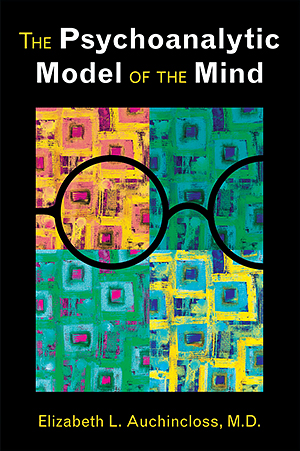Chapter 6.The World of Dreams
Sections
Excerpt
This chapter explains how dreams are understood and used in contemporary psychodynamic psychiatry. It also examines how dream theory has been updated and discusses dream theory from neighboring disciplines. Vocabulary introduced in this chapter includes the following: activation-synthesis hypothesis, day residue, dream, dream work, latent dream thoughts, manifest dream, and self-state dreams.
Access content
To read the fulltext, please use one of the options below to sign in or purchase access.- Personal login
- Institutional Login
- Sign in via OpenAthens
- Register for access
-
Please login/register if you wish to pair your device and check access availability.
Not a subscriber?
PsychiatryOnline subscription options offer access to the DSM-5 library, books, journals, CME, and patient resources. This all-in-one virtual library provides psychiatrists and mental health professionals with key resources for diagnosis, treatment, research, and professional development.
Need more help? PsychiatryOnline Customer Service may be reached by emailing [email protected] or by calling 800-368-5777 (in the U.S.) or 703-907-7322 (outside the U.S.).



